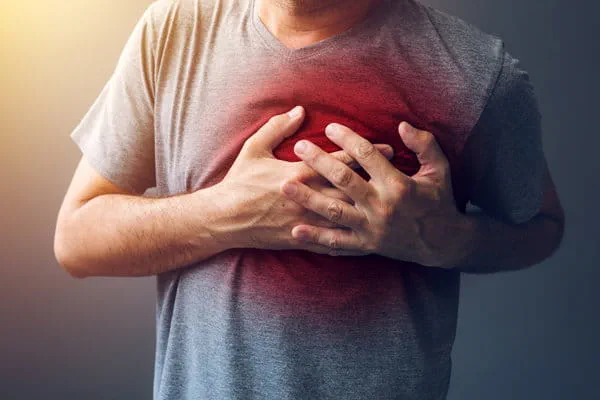many people overlook them. Recognizing these early symptoms can be life-saving. Common indicators include chest pressure or tightness, which may radiate to the arm, jaw, or back—especially during physical exertion. Shortness of breath with minimal effort suggests the heart isn’t pumping efficiently, depriving the lungs of oxygenated blood.
Another red flag is unexplained fatigue or low energy, particularly in women and older adults. This reflects poor circulation and reduced oxygen delivery to muscles. Cold sweats, especially at night, can signal internal stress and cardiovascular strain. Sleep disturbances or nighttime anxiety may also point to heart trouble, as the body struggles to regulate itself during rest.
Heart palpitations or irregular heartbeat—a fluttering sensation or rapid pulse—can indicate electrical instability in the heart. Lastly, indigestion, nausea, or stomach discomfort may be mistaken for digestive issues but could stem from reduced blood flow to the heart.
These symptoms often appear gradually and may seem unrelated. However, if they persist or occur together, it’s crucial to seek medical evaluation. Early detection through tests like ECGs can prevent a full-blown heart attack and significantly improve outcomes.










